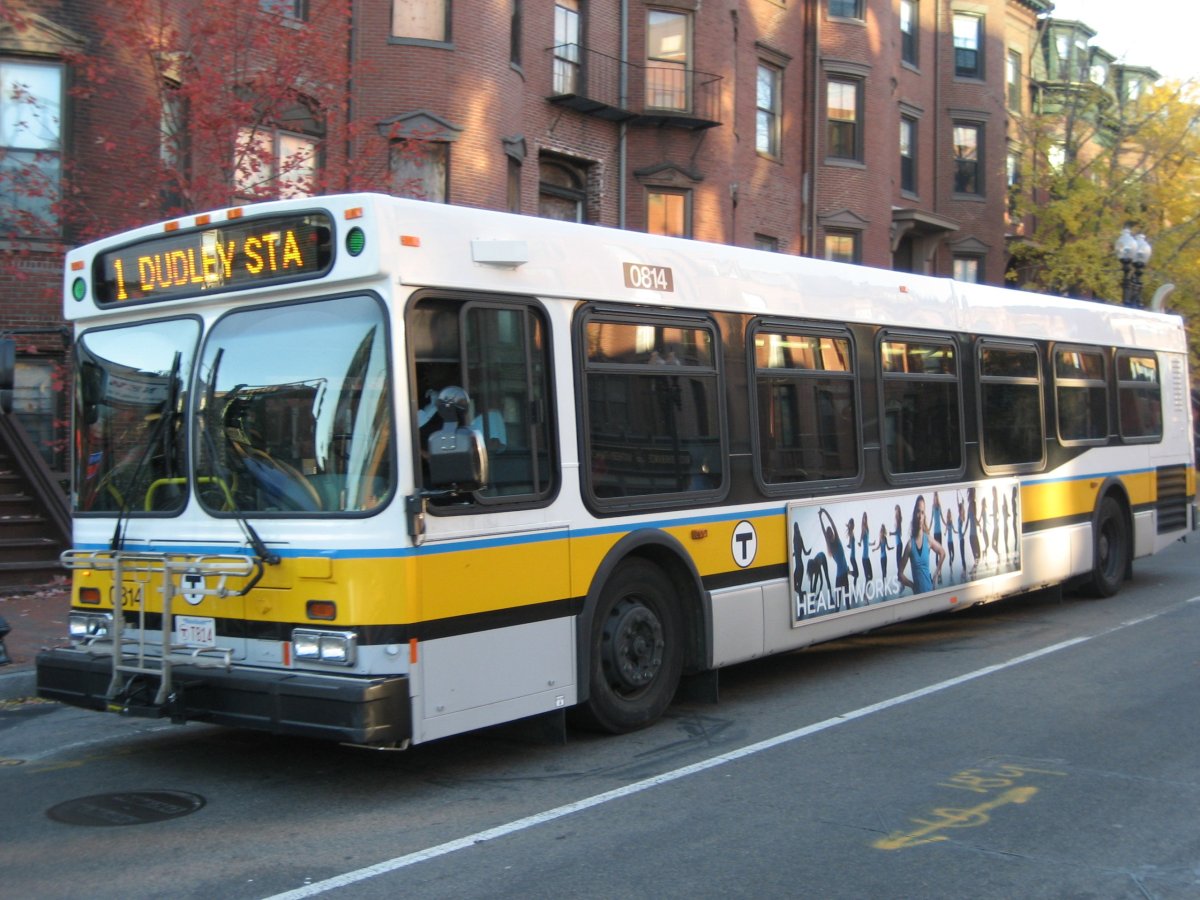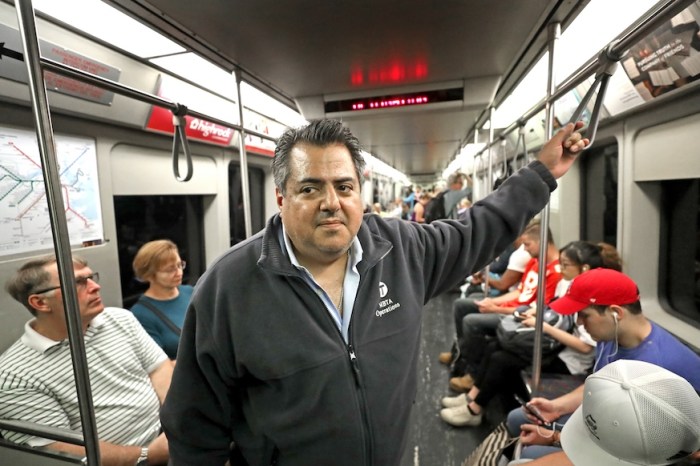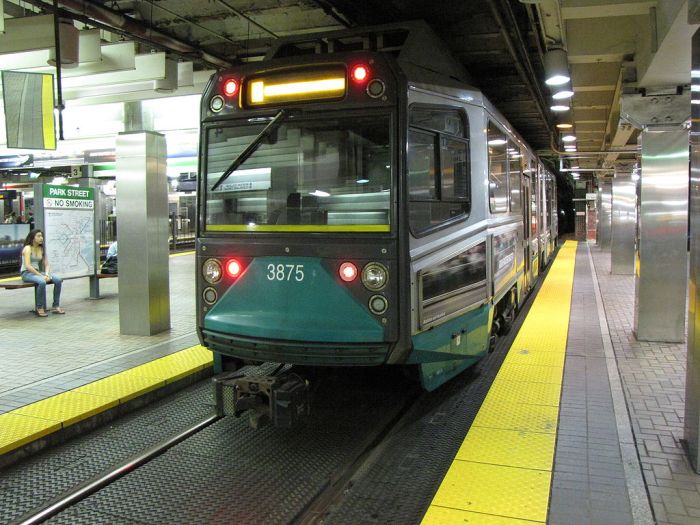The Senate will push in upcoming budget talks with the House for a special commission to make recommendations to rescue the faltering MBTA pension fund, which the T’s top manager says is only one steep market downturn from a “death spiral” that could only be halted with a taxpayer bailout.
Faced with a report that the MBTA’s pension fund will need about $1 billion over the next 18 years to remain solvent and fulfill its obligations, an MBTA lawyer told the T’s Fiscal and Management Control Board last week that the T’s possible paths forward include negotiating changes to pension agreement terms through the collective bargaining process with its largest union, pursuing arbitration or asking the Legislature to step in.
“The MBTA Retirement Fund is in danger of running out of money. Even as financial markets have fully recovered from the downturn in 2008 and 2009, fund assets at the T are down 23 percent in the last 10 years,” MBTA Acting General Manager Brian Shortsleeve said at a May 22 meeting. “The coming years will require increasingly large taxpayer contributions as well as MBTA employee contributions to keep the fund afloat.”
During debate on its annual budget, the Senate adopted an amendment sponsored by Republicans calling for the creation of an MBTA Pension Fund Sustainability Commission and charging it with making an initial report by Jan. 15, 2018 and a final report by Dec. 31, 2018.
Shortsleeve said “immediate and decisive” action is needed, noting the current pension agreement is scheduled to expire in June 2018.
In addition to Baker administration and legislative appointees, the commission would include appointees to be named by the Massachusetts AFL-CIO, Local 589 of the Amalgamated Transit Union, Local 264 of the International Association of Machinists and Aerospace Workers, the attorney general, the executive director of the Pension Reserves Investment Management Board, the state treasurer, and the state auditor.
Under the amendment, which was approved unanimously, the commission would be charged with examining “the current state of the fund and to identify, research and recommend actions to increase the strength and sustainability of the assets and mechanisms necessary to ensure the payment and support of pension obligations of current and future employees of the Massachusetts Bay Transit Authority.”
“Should the retirement fund falter or fail, there could be many serious negative consequences,” Senate Minority Leader Bruce Tarr said in a statement. “First, the employees and retirees who depend on the fund could have their financial security jeopardized. Second, making large increased contributions to account for shortfalls could seriously undermine the MBTA’s ability to properly fund its operations, maintenance and infrastructure. And lastly, a cash bail-out from the state could destabilize the budget and place a heavy new burden on taxpayers. All of these outcomes need to be avoided, and the best way to do that is by developing a plan and a consensus to put it into action.”
The fund has paid retirees $1.7 billion over the last 10 years, according to Tarr, as it took in only $740 million in contributions over the same period.
At the May 22 meeting, Shortsleeve said “dire warnings” about the MBTA Retirement Fund’s health have long been issued without leading to serious corrective actions. He said the T owes it to retirees and employees to “develop with a strategy to ensure their retirement.”
Shortsleeve said the T Retirement Fund is a “private pension” and said any changes need to be negotiated between the Carmen’s Union and the MBTA through a collective bargaining process. “This is not an area in which the MBTA can act unilaterally,” said Shortsleeve, who warned that the pension fund problems are so large that, unless addressed, threaten to undo efforts over the last two years to improve MBTA service and put the agency on sound fiscal footing.
“It is crucial that we act now to resolve any issues that may affect the stability of the MBTA Retirement Fund. At a time when the Commonwealth is facing financial shortfalls, we are obligated to act with caution and seek out ways to ensure responsible spending,” said Sen. Richard Ross (R-Wrentham).
Gov. Charlie Baker has previously recommended the MBTA Retirement Fund be merged into the account managed by PRIM, and his fiscal 2018 budget proposal included an outside section allowing such a merger. The House and Senate have both included the provision in their own budget proposals as well.



















